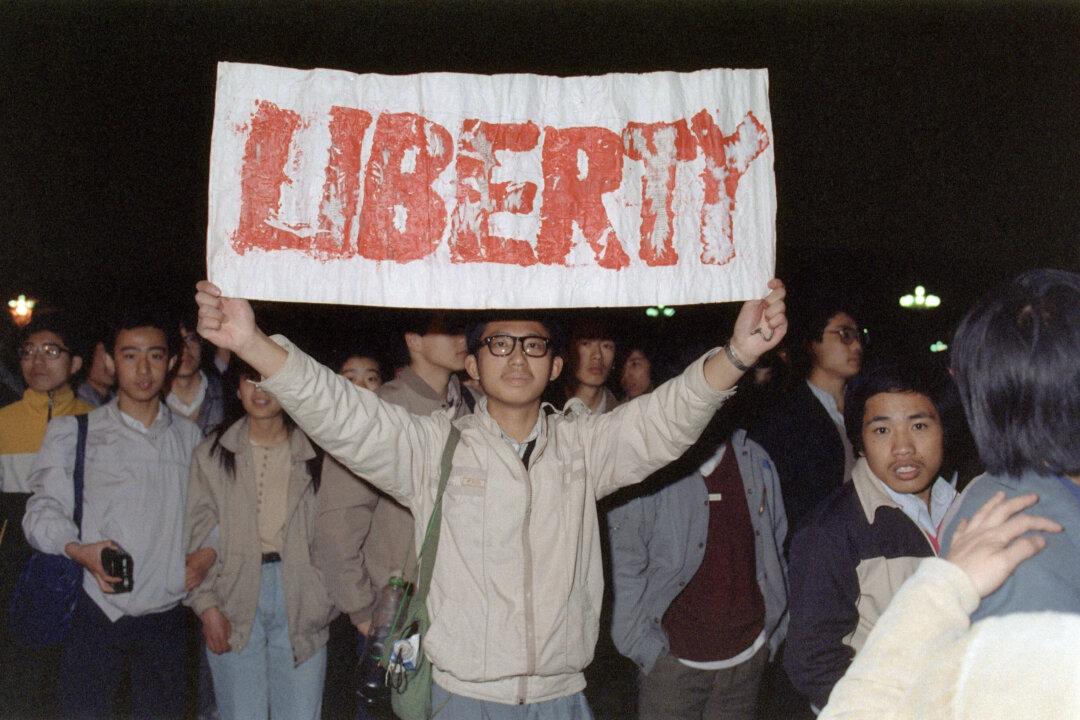Thirty-two years later, the Chinese communist regime still tries to repress the memory of the bloody massacre of June 4, censoring all mentions, detaining outspoken dissents, and keeping younger generations unaware of what actually happened that night.
Much of the world has been aware of the truth that the communist regime’s leader sent troops to quash the protesting students who called for a more open society at Tiananmen Square, the center of the capital Beijing, on June 4, 1989, resulting in the killing of thousands of Chinese students. But in the land controlled by the Chinese Communist Party (CCP), censorship continues.
For years, Chen has persisted in memorializing the 1989 Tiananmen Square massacre. In 2018, he was detained for taking photos in a park with a tank in the background on June 4.
“I had been detained four times since 2017, three for memorizing the June 4,” said Chen in the tweet on May 30. “But I still want to memorize the most important day in contemporary history, which is a citizen’s responsibility.”
The reason is still unknown, Huang’s friend, surnamed Xie, told The Epoch Times in an interview, but he mentioned that the local authorities summoned Huang on the phone while he had tea with Huang on May 28.
Unconcerned Youths
The continued censorship has repressed references to Tiananmen from the Chinese internet and erased them from students’ history books, including the name of the then top leader of the regime, Zhao Ziyang.Many young Chinese grew up unaware of the brutal event 32 years ago, as teachers fear touching sensitive topics defined by the CCP. Media outlets controlled by the state are not allowed to report on it. A Foreign Ministry spokesperson only described it as a “political disturbance” when asked by Western journalists.
A middle school teacher in Hunan Province, surnamed Huang, admitted that young people in mainland China, under the pervasive censorship of information, have become indifferent.
“The young generation limits their attention to money, good wine, savory dishes, and having fun. They are indulging in Douyin on the phone,” Huang said in an interview with Radio Free Asia. Douyin is a popular social media platform, TikTok’s sister app in China.
“For equality and justice, they don’t have such ideas. They only want enjoyment,” Huang said.




